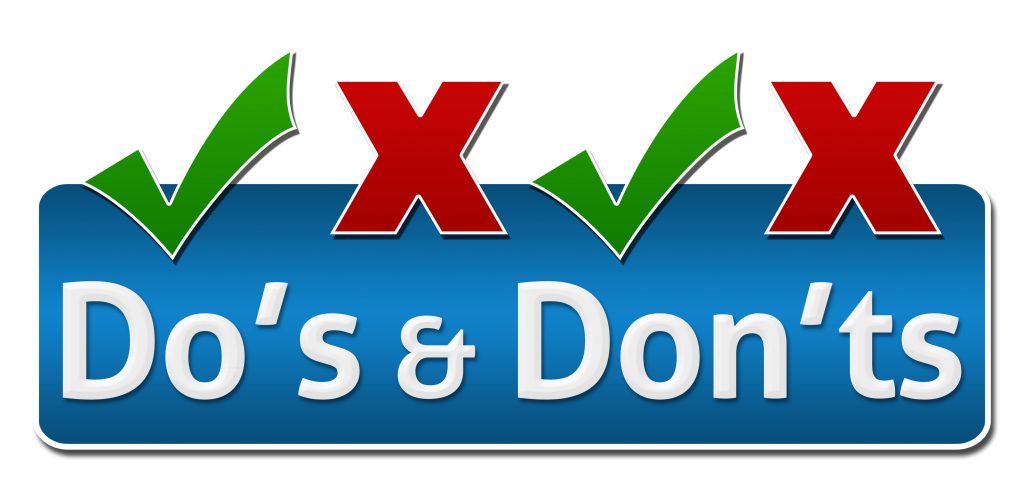
Once upon a time, multi-generational households were common. Then for many years, they were not. Children spread their wings and left home after high school or college and parents either stayed in their own homes or moved to senior living facilities.
Now the trend is reversing. I was startled to read that nearly half of parents say they have an adult child between the ages of 18 and 35 who has returned home. And, according to exceptionalcare.com, 1 in 5 Americans live in multi-generational households. Therefore, some adults are housing both their parents and their children.
What causes adult children to move back home?
Money is usually the motivating factor. Entry level salaries haven’t kept up with the rising cost of living. And if the kids grew up in even a moderately affluent household, those salaries can’t keep up with the lifestyle they expected to live when going out on their own.
Job layoffs are another factor. Sometimes young families move back with mom and dad because they can’t see any other way to take care of their own children.
For some families, this is an easy situation – for others it is not.
Some children returning home expect to contribute to household expenses, do their share of laundry, cleaning, cooking, etc. Others come home expecting to be treated like pampered children.
Some are budgeting to get back on their own as soon as possible. Others are now comfortable, so both the urgency to find their own place and budgeting go out the window. In fact, only 46% of parents surveyed gave their returning children top marks for budgeting skills. (Perhaps this lack is the reason they needed to return home.)
Meanwhile, having extra mouths to feed and facing higher utility bills can put a strain on the parents’ finances.
Money isn’t the only issue.
The parent-child relationship plays a crucial role in the happiness of everyone concerned. When a child returns home as an adult, the situation is altered, so trying to go back to “the way it was” will likely cause hard feeling all around.
Both parents and children must start with a positive mindset.
1. Accept that it’s not a failure.
It doesn’t mean that either the parents or the children did something wrong. It’s just a season – sometimes a necessary one – and it’s often financially smart.
2. Parents must treat their children as adults.
They must void slipping back into old “parent/child” habits where they micromanage or scold. Instead, they should think of them as housemates who are also family.
3. Assume goodwill.
Everyone’s dignity is on the line, so everyone should assume that each person is doing their best until proven otherwise.
That does mean that you need a clear understanding.
It may be difficult or uncomfortable, but it’s best to have a direct conversation upfront.
Parents and children should sit down together before or right when they move in.
Parents who don’t know what to say might try: “I want us to be able to enjoy our time together without misunderstandings. Can we make a few agreements about how we’ll handle expenses and privacy?”
Talk through:
- Why they’re moving home
- How long they expect to stay
- What the children expect to contribute to the household – both with finances and chores – and what the parents expect them to contribute.
- Privacy issues.
- What the parents can realistically offer without resentment
Conflict Prevention
To prevent conflict, schedule regular check-ins. Sit down for 15 minutes every month or so to see how it’s going and tweak any agreements. This can prevent resentment from building up.
Do continue to assume goodwill. It’s normal to have friction, especially early on. If you both expect some bumps, you won’t feel blindsided.
Children must respect the household as they would a shared apartment. They should not expect Mom or Dad to clean up after them!
Common courtesy. While grown children may not feel that they need to tell parents all their plans, they do need to respect household rhythms. If they’re usually home at dinnertime, but will be away one evening, it’s polite to say so ahead of time. Likewise, parents should inform the children when they plan to be away.
What if you’re already in this situation – and it isn’t going well?
It’s Never Too Late to Reset
Start with empathy—many families fall into this situation because life just happened:
- Maybe the move home was supposed to be temporary, and now it’s indefinite.
- Maybe nobody wanted to have an awkward conversation at the time.
- Maybe it just made sense to stay after high school or college.
You’re not alone, and you haven’t failed if you didn’t make a plan before. Take heart, because it’s never too late to sit down and talk about what’s working, what isn’t, and how you’d all like things to look going forward.
If you feel that resentment is brewing for either parents or children, sit down together and honestly reflect on these points:
- Are finances becoming strained?
- Is household upkeep uneven?
- Is privacy an issue?
Once everyone knows the specific friction points, they can address them directly instead of letting frustration build.
How to start that conversation: Try “I know we didn’t set clear expectations when you moved back in, and that’s on me. I’d like to talk about what will make this living situation feel good for both of us.”
This is a whole new situation…
It’s tempting for parents to fall back into old parent-child dynamics, but treating each other as adults makes shared living far more sustainable.
Parents should:
- Knock before entering their child’s space
- Avoid unsolicited advice about daily routines
- Offer support rather than directives
Children should follow these same guidelines.
- Respect parents’ need for privacy
- Avoid giving unsolicited advice
Even challenging situations can strengthen relationships when handled with respect.
Living together as adults isn’t always easy, but it can be a chance to build trust, support each other through transitions, and learn to communicate better. With clear expectations and a little patience, it can be a positive step forward.






















